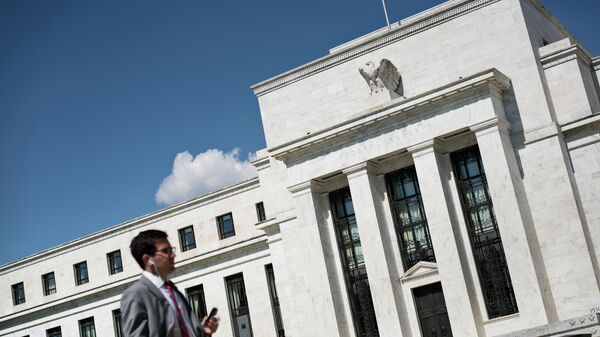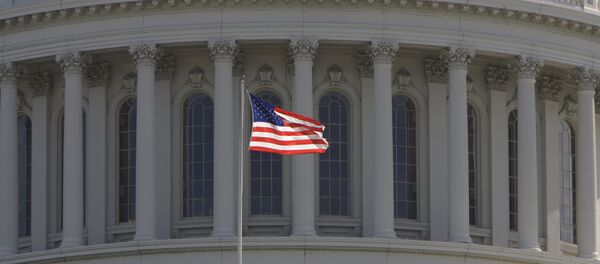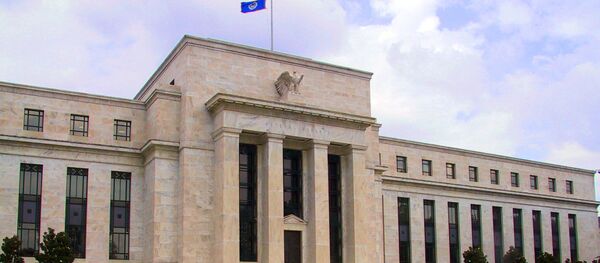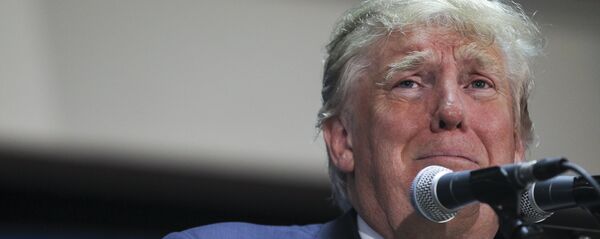Fischer’s commentary reflected the current situation where employers have to compete for talent amidst the near-5pc jobless rate. The restrained supply of workforce might result in larger paychecks, however, with labor participation rates at their lowest since the 1960s and sweeping underemployment, the expected positive consequences might as well not reveal themselves.
"I don't want to raise the interest rate too much," Fischer said in his speech at Howard University. He emphasized the regulator’s commitment to normalizing monetary conditions but lifting the rates off near-zero, but also said "I don't know when" that would occur.
Fischer said that wage inflation accelerated from the average of 2pc last year to an estimated 2.5pc this year, and added that during the past decade the correlation between job market and prices index was allegedly broken, whilst it is being now gradually restored.
However, the mounting negative effects of the low rate policy are a concern in terms of asset bubble warnings being issued increasingly often recently.
The ultra-loose borrowing cost spillovers also contribute to higher levels of individual and household indebtedness, whilst hurting savers, but Fischer did not mention any of that.
"We think that 3 percent is a rate that’s consistent with a reasonable rate of inflation," he said, referring to salary increases.
With annualized wage gains at 2.5 now, the rate hike, therefore, is rather a distant perspective if the outlook is based on the labor market only – possibly, a hike would not happen until a year from now. But there are many more signals and indicators to consider. Yet, the core prices index (CPI) is still below the Fed’s 2pc target. With the lingering issue of salary and wage stickiness, the wage inflation outpacing CPI, as outlined by Fischer, looks hardly credible.
In a yet another rather confusing hint at reintroducing zero interest rates policy (ZIRP), or even negative rates (NIRP), Fischer stayed in line with the previous Fed Chair Janet Yellen’s commentary.
"There’s also a problem in going to a zero interest rate in the sense that it says capital isn’t very productive," Fischer said. "We’d be better off if there is a price for using money, for not investing in terms of monetary returns."
Fischer also urged for an increased diversity of workforce skills, a rather out of line comment in a labor market allegedly so tight employers are willing to increase wages. He also spoke of a greater diversity on the Fed policy board.
"These are steps on what will be a long road," he said.





